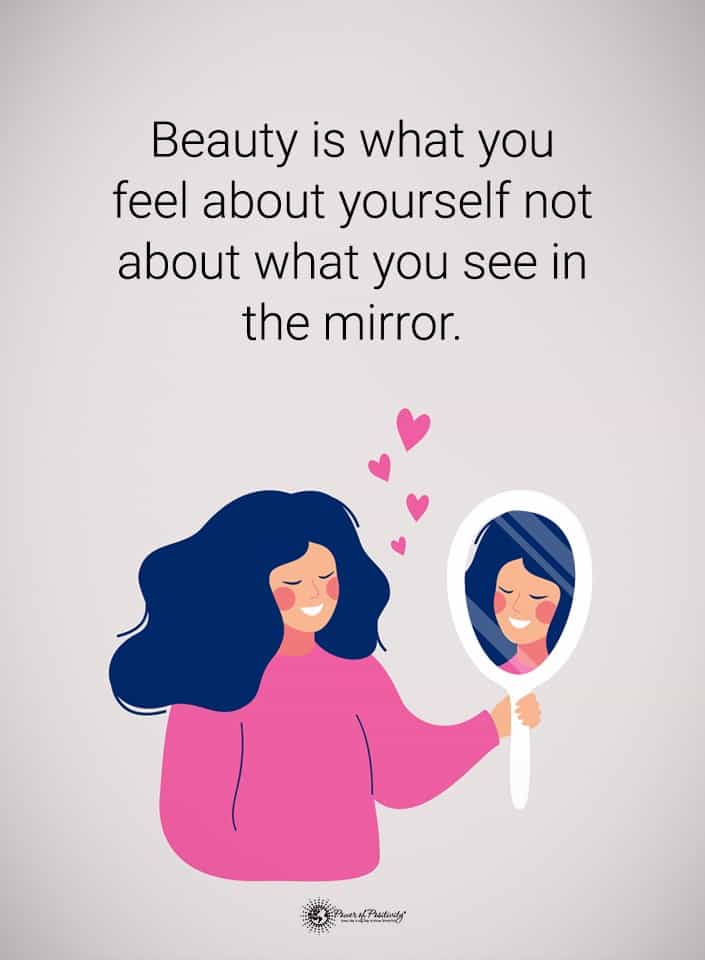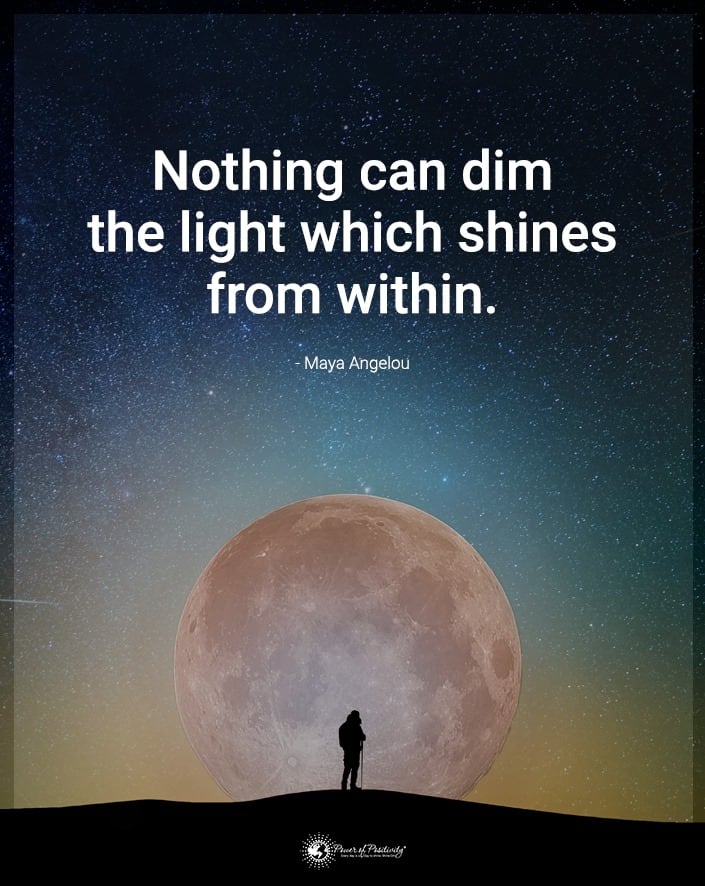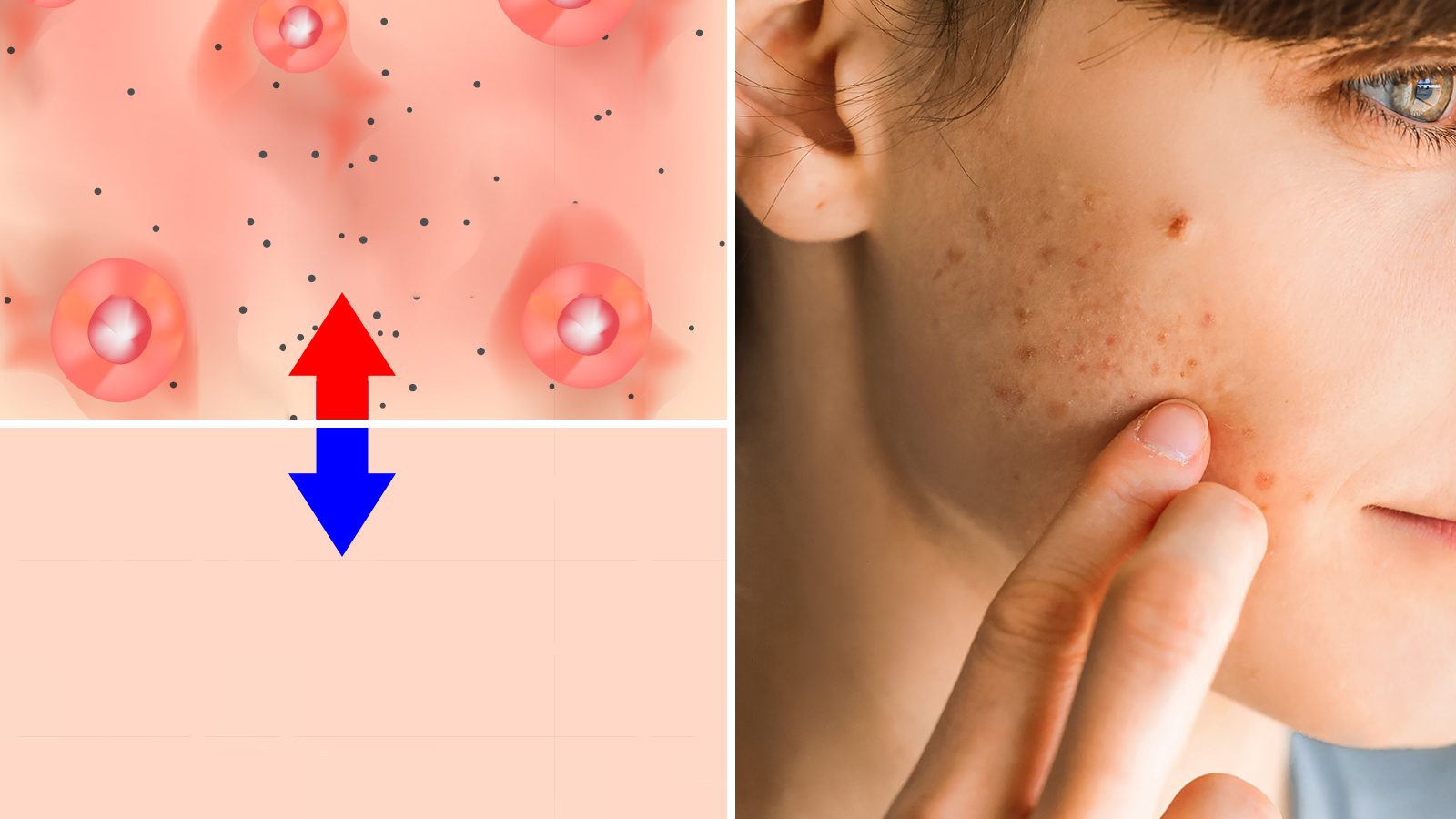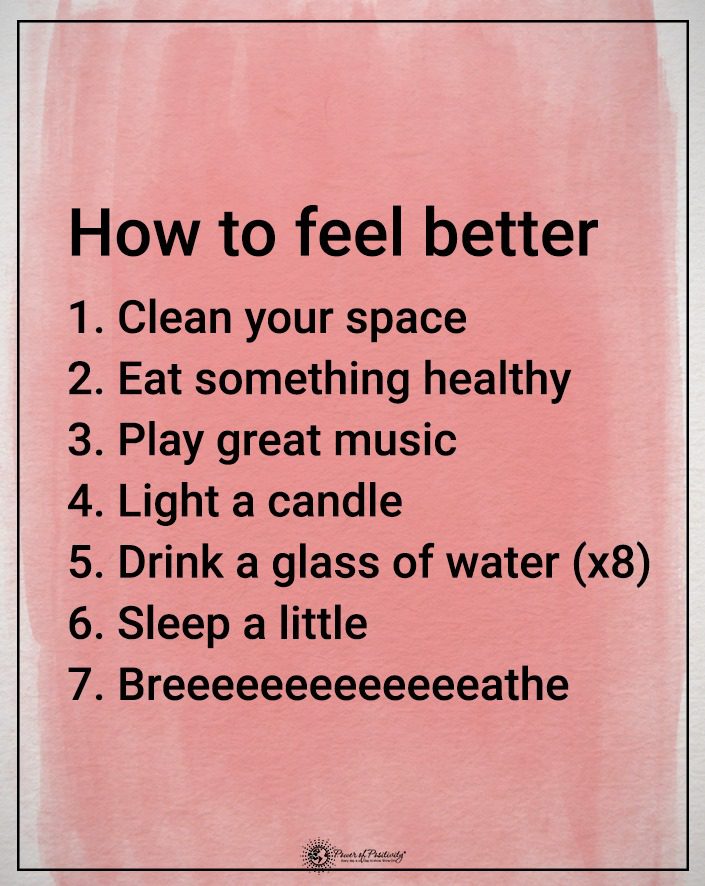A pimple is an inflamed blemish in a blocked pore on the surface layer of your skin. Acne spots can appear red or with spots of white (whiteheads) or black (blackheads). These unsightly bumps occur because of an overproduction of oil and bacteria buildup. Pimples show up on your face, chest, neck, and shoulders because that’s where there are lots of oil glands. If you struggle with persistent acne, it’s natural to feel frustrated by lingering marks and uneven skin tone. Fortunately, effective acne scar treatment options can help reduce these scars, restoring your skin’s smoothness and clarity. Here are twenty skincare tips to help you prevent new blemishes and achieve a radiant, healthy complexion.
What’s the difference between acne and pimples?
Pimples are small growth in clogged pores of your skin. These pus-filled blemishes get inflamed and red. On the other hand, acne is a disease. Pimples are a symptom you may have acne. Acne causes pimples to develop on your face, neck, or chest. Teenagers and young adults are prone to pimples due to hormonal changes. Many adults get pimples into their twenties and thirties.
20 Skincare Tips to Prevent Pimples

1. Develop a good skincare routine to eliminate pimples
Washing your face is the number one skincare practice to prevent pimples. Daily washing removes dirt, dead skin, and any extra oil buildup. Avoid washing your face more than a couple of times daily because you’ll dry out your skin. Use warm water and a mild cleanser designed for your face. Harsh soaps are too abrasive. They can make the inflammation from the pimples worse. Don’t scrub too hard. Instead, use a washcloth or your hands. Always rinse your face well and dry your face with a clean towel. Wash the towel and washcloth daily to prevent the spread of bacteria.
2. Moisturize
If you have pimples, you might think you should skip moisturizer. Instead, choose a moisturizer that will prevent dryness or peeling. The moisturizer you choose should say “noncomedogenic” on the label. This designation means it won’t cause blemishes or breakouts. Next, choose the moisturizer that fits your skin best–dry, oil, or combination skin.
3. Sugar or salt scrubs are a treat to add to your skincare routine
Sugar and salt scrubs exfoliate the dead cells on your skin. Wet your face, rub a small amount of sugar or salt onto your skin, and gently massage your skin using a circular motion. After thirty seconds of scrubbing, rinse your face with water. Pat dry with a towel.
4. Ice the pimples
If you have a pimple breakout, try applying ice to the area. The ice will reduce irritation and inflammation. Don’t apply ice directly onto your skin; put it inside a towel. Apply the towel with the ice on your pimples two or three times a day. You’ll notice the blemishes look less red and swollen.
5. Green tea is excellent acne care
Green tea is a powerful antioxidant to get rid of pimples—wet green tea leaves. Apply to your skin and massage the tea leaves into your skin for thirty seconds. Then, rinse your face and blot dry with a clean towel. You can apply green tea leaves to your face every day without fear of it drying out your skin.
6. Go easy on the makeup
If you notice pimples on certain parts of your face, avoid using makeup on this area. Makeup can clog your pores, so always choose oil-free makeup. Also, choose a makeup labeled “noncomedogenic.” That language means it shouldn’t cause acne or pimples. Finally, do your research on makeup ingredients so you can avoid causing spots.
7. Keep your hands off the pimples, except when applying skincare treatments
Avoid putting your hands on your face, chin, forehead, or cheeks. Touching can spread bacteria and irritate the blemishes. Likewise, don’t pick your pimples, which leads to infection and scarring.
8. Check your haircare products
Hair products sometimes cause blemishes. When these products touch your face, they clog your pores. Avoid using hair products that
- Contain oils
- Are pomades
- Contain fragrances
- Are heavy on your hair
Choose a gentle, fragrance-free shampoo and conditioner. Wash your hair often so it doesn’t get oily and cause pimples. You must pull your hair away from your face if you have frequent breakouts.
9. Regular exercise
Exercise stimulates the blood flow to your entire body. It helps rid your body of toxins and boosts your oxygen intake. Getting regular exercise is particularly good for your skin. Be sure to shower after a workout to remove sweat and bacteria from your face, neck, chest, shoulders, and back.
10. Watch what you eat
Avoid greasy foods and junk food. Instead, eat a diet rich in fresh vegetables, fruits, whole grains, and lean meats. Some people break out when they eat dairy products. If you notice more pimples after eating dairy, eliminate them from your diet to see if your face clears up. The foods most likely to cause spots are
- Sugar
- Fast foods
- Dairy
- Whey protein powder
- Refined grains
- Omega 6 foods
- Some types of meat like chicken and mutton

11. Your stress might cause pimples
According to studies, stress triggers acne breakouts. If you’re feeling stressed and anxious, your body releases cortisol and androgen, two hormones that increase your skin’s oil production; this causes pimples and, in some cases, acne. When you’re under stress, try these tips to relax.
- Getting some exercise: Exercise is a natural stress reliever. Walk, bike, or garden to find relief from your stressful feelings.
- Limit your screen time: Frequent use of your devices can cause stress.
- Yoga: Try some relaxing yoga for less stress.
- Diffuse scents: Certain scents help you feel more relaxed. For example, sandalwood or lavender are relaxing scents.
To avoid these breakouts and prevent pimples, figure out what’s triggering your stress.
12. Skip the sun
Limit your sun exposure. The sun’s ultraviolet rays increase inflammation and hyperpigmentation. Avoid being outside when the sun’s at its peak, usually from 10 am to 2:00 pm. Wear a broad-rimmed hat and use sunscreen to protect your skin. Choose a sunscreen with SPF 30 and at least 6% zinc oxide. Always read the ingredients in sunscreen. Some ingredients can exacerbate blemishes.
13. Blame your pimples on your phone
Your Smartphone could be the cause of your pimples. Your phone goes everywhere with you. It collects dust, dirt, and bacteria. Then when you put your phone on your face, these unwanted particles get into your pores and cause pimples. Regularly wipe down your phone or try using Bluetooth when you make calls.
14. Tea tree oil
Tea tree oil is an antibiotic that kills bacteria growth. When you have a pimple, apply a small amount of tea tree oil on the spot using a cotton ball. Do this every day until the pimple goes away.
15. Warm compress
Warm compresses increase the blood flow to your pimples. The warmth makes them heal quicker. Using a washcloth, soak it with hot water. Apply the washcloth to your blemishes for a few minutes. Do this several times a day.
16. Apple cider vinegar
Another way to prevent pimples is using apple cider vinegar. This fermented vinegar can kill bacteria and fungi.
In addition, lactic acid helps reduce blemishes and improves the appearance of your skin. Here’s how to use this vinegar to get rid of pimples.
- Wash your face like you usually do.
- Mix three or four parts of water with one part of apple cider vinegar.
- Apply the vinegar and water mixture to your pimples using a cotton ball.
- Let sit for ten seconds and then rinse with cool water. Pat your skin dry with a clean towel.
- Repeat several times a day.
If you feel any skin irritation, dilute the mixture with more water and apply once daily.
17. Check your detergent
Skincare to prevent pimples could be as simple as changing your laundry detergent. Some chemicals in detergent are too harsh for your skin. Your skin reacts to the ingredients with breakouts on your face, chest, neck, or back. If you are baffled as to what is causing your breakouts, try changing your laundry detergent. You might try an unscented product intended for a baby’s sensitive skin. These detergents are free from abrasive chemicals.
18. Take zinc supplements
Another natural preventative for pimples is zinc. Zinc is a skin nutrient. It has anti-inflammatory benefits that help with skin conditions such as rosacea, skin ulcers, and eczema. Most over-the-counter zinc supplements come in 50 mg capsules. You can take anywhere from 40 to 150mg to help reduce your pimple outbreaks.
19. Change your pillowcase
Dirty sheets or pillows transfer bacteria to your skin. This dirt clogs your pores and causes pimples. The cleaner your bedding linens, the cleaner your skin will be.
Dirty pillowcases and bedsheets can very well be the cause of acne breakouts. Soiled bedding can cause dirt to settle on our face and skin and clog pores. Change your pillowcase every other day.
20. Aloe vera gel provides oil-free healing
Aloe vera helps remove the pain from sunburn. But you might be surprised to learn that it’s also good for pimples. Aloe vera has anti-inflammatory and anti-bacterial properties that heal existing pimples and prevent more outbreaks. First, wash your face as you usually do, then apply a thin layer of aloe vera gel onto your face. Do this a couple of times a day, and you should notice a change in your skin.
Final thoughts on the importance of skincare in eliminating pimples
Unsightly bumps on your skin are embarrassing. Acne appears on your face, neck, chest, or back because that’s where you have the most active oil glands. You may feel like you’ve tried everything to eliminate your pimples. These twenty skincare tips to prevent blemishes could be your solution.



















